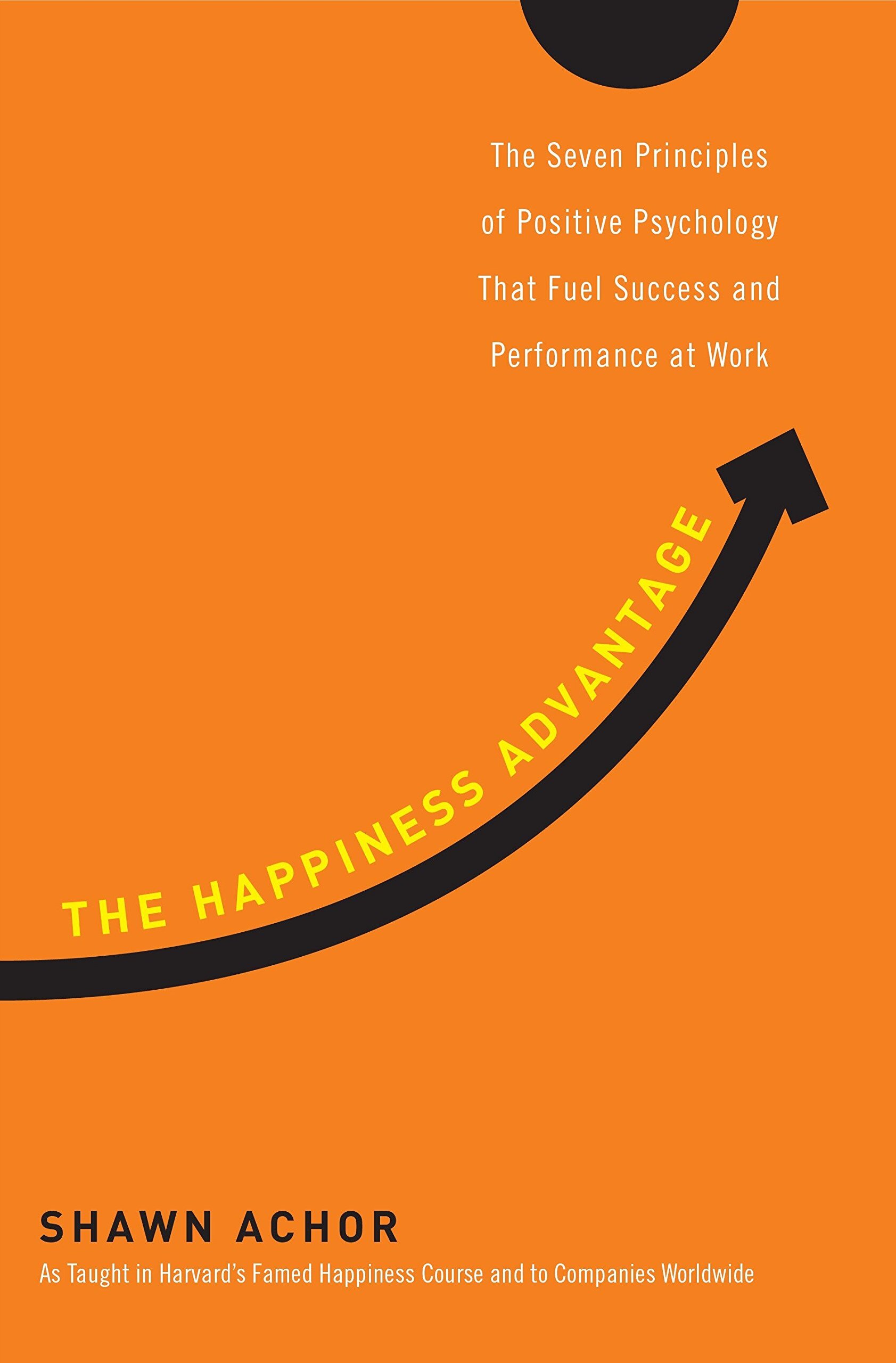The Happiness Advantage - Principle #2 - The Fulcrum and the Lever
G’day everyone,
This week we will look at Principle #2 The Fulcrum and the Lever.
The what? Maybe the subtitle will give us a better idea…
‘Changing Your Performance by Changing Your Mindset’.
While your initial reaction maybe one of an ‘eye roll’, Achor does back this up with some research and some ways to action this.
Let’s look at the evidence.
Photo by porcorex/iStock / Getty Images
Evidence
Age is All in Our Mind
A 1979 study gather a group of 75-year old men to a retreat. Sounds good, right? But there was one condition, they were not allowed to bring anything dated later than 1959.
Prior to the study, the men was tested for:
Physical strength
Posture
Perception
Cognition
Short-term memory (all the things that we assume we lose as we get old!).
While in the retreat, the men were told to pretend that it was 1959 (20 years earlier).
They had to dress and act like they did at the time.
They wore picture IDs with their mid-1950s photos on them.
They were told to talk about Eisenhower and other 50s events.
What happened?
Most men improved in every category!
Their average eyesight improved by nearly 10%!
They actually were judged by others to look younger.
Photo by tommasolizzul/iStock / Getty Images
Placebo - Not always a bad thing.
What is the Placebo Effect?
A lot of research have shown that by giving someone a sugar pill and telling them it will alleviate a symptom, it often does. This is an example of the Placebo Effect.
Placebo often gets a bad name. People think that a Placebo is bad because it is all in your head. My thought that is as long as the placebo isn’t bad for you (outrageously expensive, detrimental to your health, bad for others etc) and it is creating a change for you, what’s the harm?).
And it is not always just in your head. Achor cites examples where a fake hair product, actually caused bald people to grow hair!
The opposite has been found where students were exposed a harmless shrub but told it was poison ivy and ended up with boils, itching and redness. Not sure of the ethics of that one.
Photo by AlexLMX/iStock / Getty Images
Mindset in the Workplace
Achor goes on to show some examples in the workplace. Cleaners who were told how much calories they burn when vacuuming lost weight, Asian women who were reminded of their innate intelligence did better on maths tests.
Photo by silverkblack/iStock / Getty Images
He also talks about how people often view their job as a career or a calling.
How do you see your work as a job, career or a calling?
Do you see it as a chore you do for a paycheck?
Do you see your work as a way to advance and succeed?
Do you see your work as something that is fulfilling to you because you feel it contributes to the greater good, gives you meaning or draws your strength?
It is probably not surprising but those who see their work as a calling, work harder and longer yet find their work more rewarding.
This calling is just as much about your mindset as it is about your work.
Photo by Michail_Petrov-96/iStock / Getty Images
Tools for your Toolkit
So we have heard that finding meaning in your work is important.
Having trouble finding meaning in some of the mundane parts of your job?
Try this exercise from Achor.
Grab a piece of paper and put in in a landscape orientation (sideways).
On the left, right down the things you a ‘forced’ to do. You know the ones.
Now next to each task, draw an arrow to the right and ask yourself ‘What does this result to? What will it accomplish?’ Still unimportant? Try again until you get a result that you find meaningful.
Give it a go.
Photo by marekuliasz/iStock / Getty Images
Conclusion
Our mindset makes a huge difference. And this is not about thinking positive, unrealistic thoughts all the time. It is about focussing on certain aspects and challenging the meaning we make. It is about realising that reality is not fixed by is actually relative.








